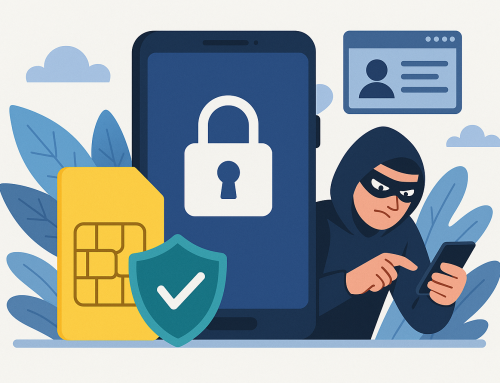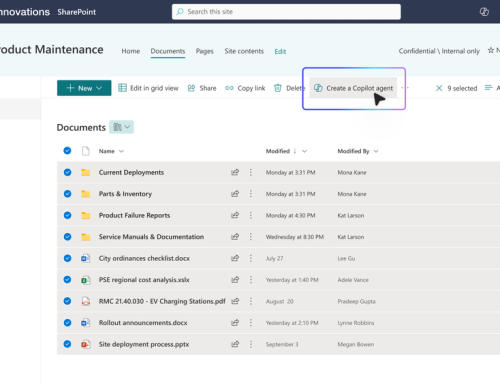New research shows that 2018 could be the worst year so far for cybercrime. In 2015, ransomware costs businesses $5 billion. Analysts are expecting this to reach $11 billion in 2018, with this trend showing no sign of slowing down.
Cybersecurity Ventures predicts in 2020 that businesses could be attacked every 14 seconds. Some analysts and researchers are even predicting that cybercrime could cost businesses and the world economy $6 trillion in 2021, making it even more profitable than the global trade in major illegal drugs.
And yet, one of the main ‘enablers’ of the spread of dangerous software and viruses is us – anyone who uses a computer, smartphone or tablet – at home or work, uses email, searches the web, and has at least one social media account. According to Acronis research, 60 percent of people in the UK have never heard of ransomware or malware. That figure indicates the scale of the problem.
Education and training are badly needed to fill this knowledge gap. At the same time, ransomware, spyware, malware and other variants of hostile software are evolving. In 2017, “the number of ransomware variants increased by 46 per cent.”
It’s a race against time to keep up with new cyber threats, and many business and organisations are already slow to get off the starting blocks.
How To Keep Your Business And Team Safe?
The following points can help your organisation raise awareness and get the information needed to protect the business and the people within it.
#1: Training
One of the ways cybercriminals gain access to secure data is through social engineering. Emails and calls that seemingly come from legitimate companies, such as BT, EE or Microsoft. If you suspect it: Check it. Ask for verification. Ask to call someone back through a main switchboard.
Delete any emails that have got through that you suspect are scams, and don’t click the links or fill in any details on online forms. Another way involves invoices sent to small and medium companies that look legitimate, claiming a payment is overdue. Make sure your staff are trained to identify and report anything that doesn’t look right.
#2: Cyber security discovery workshops
Cybercrime is constantly evolving. How do you know what to look for? Forward-thinking IT security firms are now running cyber security workshops. Managers and team members – anyone who uses and interacts with digital systems – need to be able to identify a threat easily, report it (when applicable) and ensure it is removed from your system.
Training and workshops once a year, or every six months, is a smart investment of time to avoid falling foul of the next cyber attack to strike businesses. Keeping your software updated is another way to avoid the latest attack since out-of-date security patches are often more vulnerable than the latest versions.
#3: Outsource managed security services
IT security is complex. To protect companies in this world of growing threats, you need to ensure the perimeter is safe – with multiple external safeguards – and there are systems to patrol and prevent anything that has already got in from causing more damage. Software to prevent cyber-attacks and malware needs to be proactive instead of reactive, which is why businesses benefit from working with dedicated IT managed security services (MSS).
Working with an MSS provider will take your cyber security from reactive to proactive. Gain the safeguards and training you need, without placing undue regulations and restrictions on staff, partners and suppliers. Secure your systems whilst taking sensible precautions and monitoring for external and internal threats.
Cybercrime is set to rise in 2018. Take action now to prevent your business becoming a victim.
To find out more about our cyber security discovery workshops click here. These are open to business leaders and senior managers to help you understand the threats to your business, and how to prevent and protect your systems, processes and data. We run regular workshops in London and the South East, click here for details of our next event.








